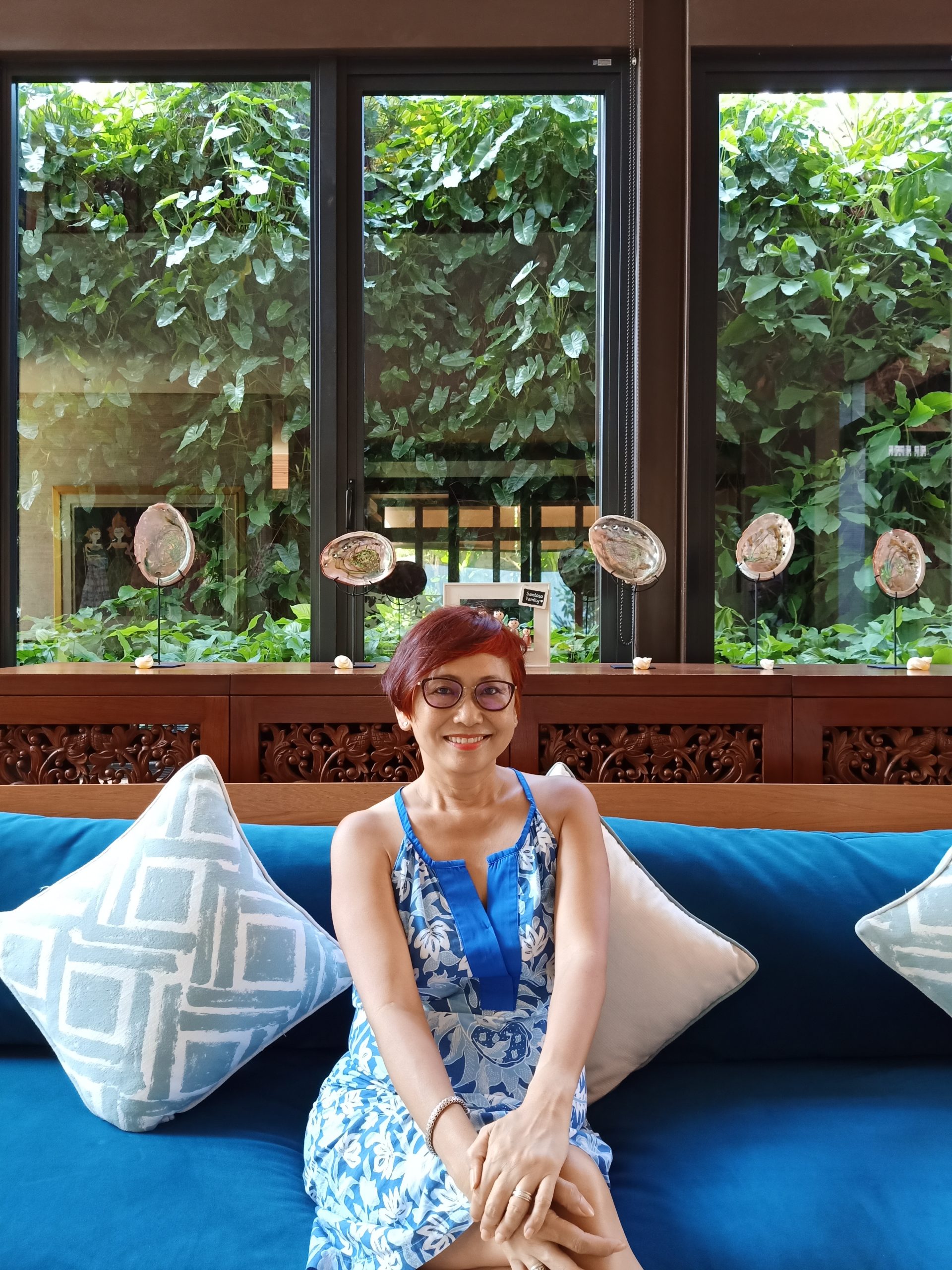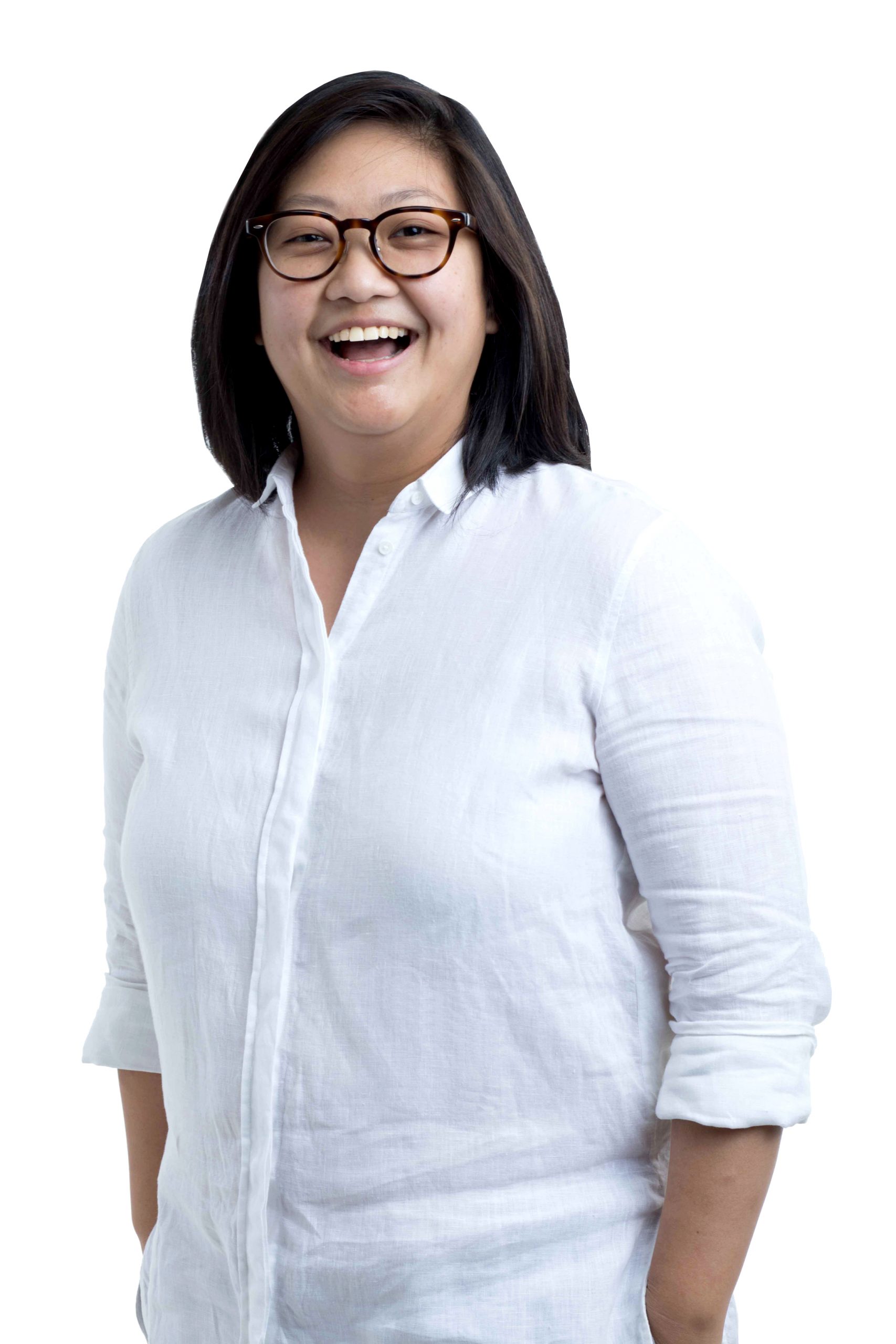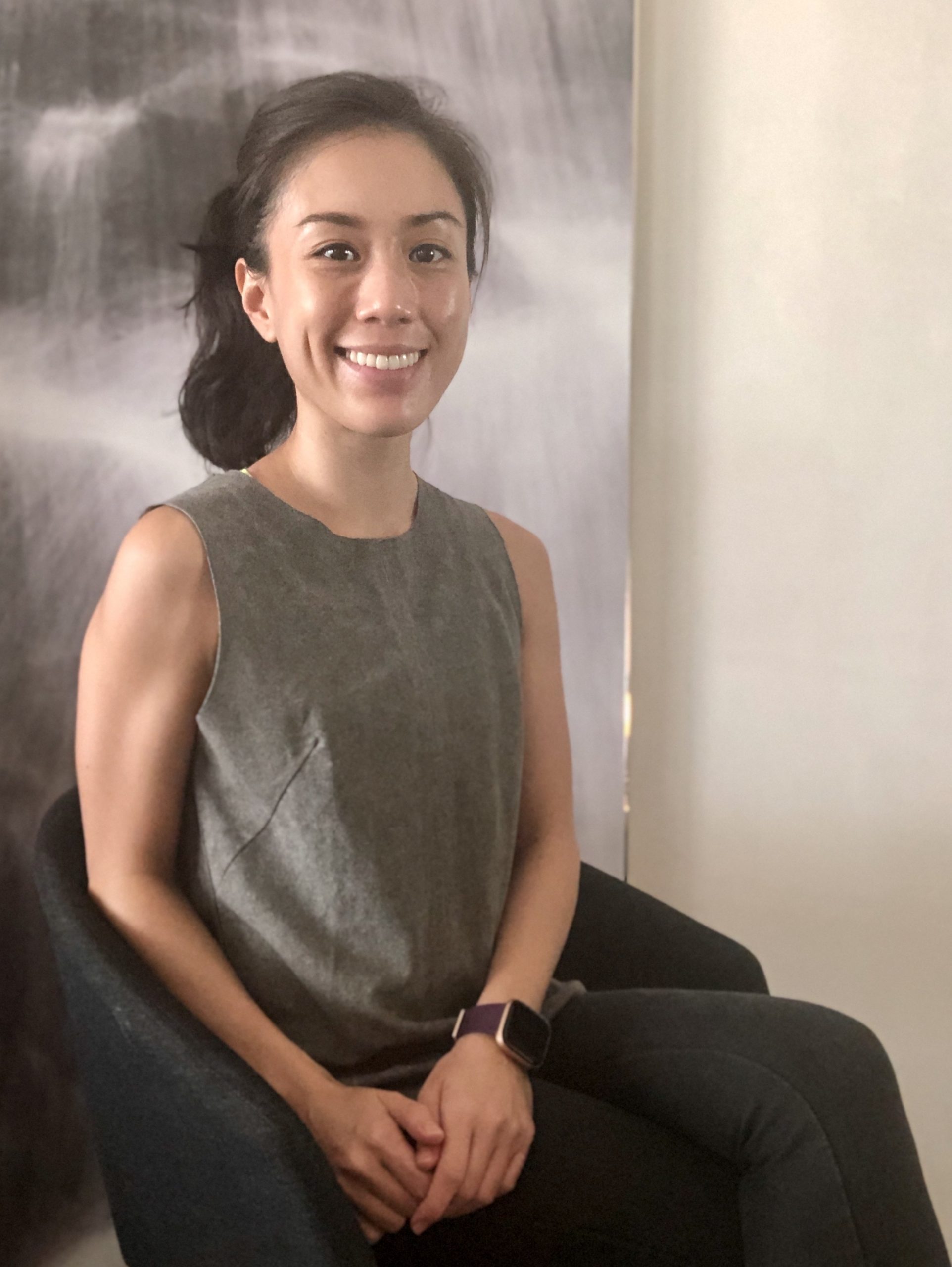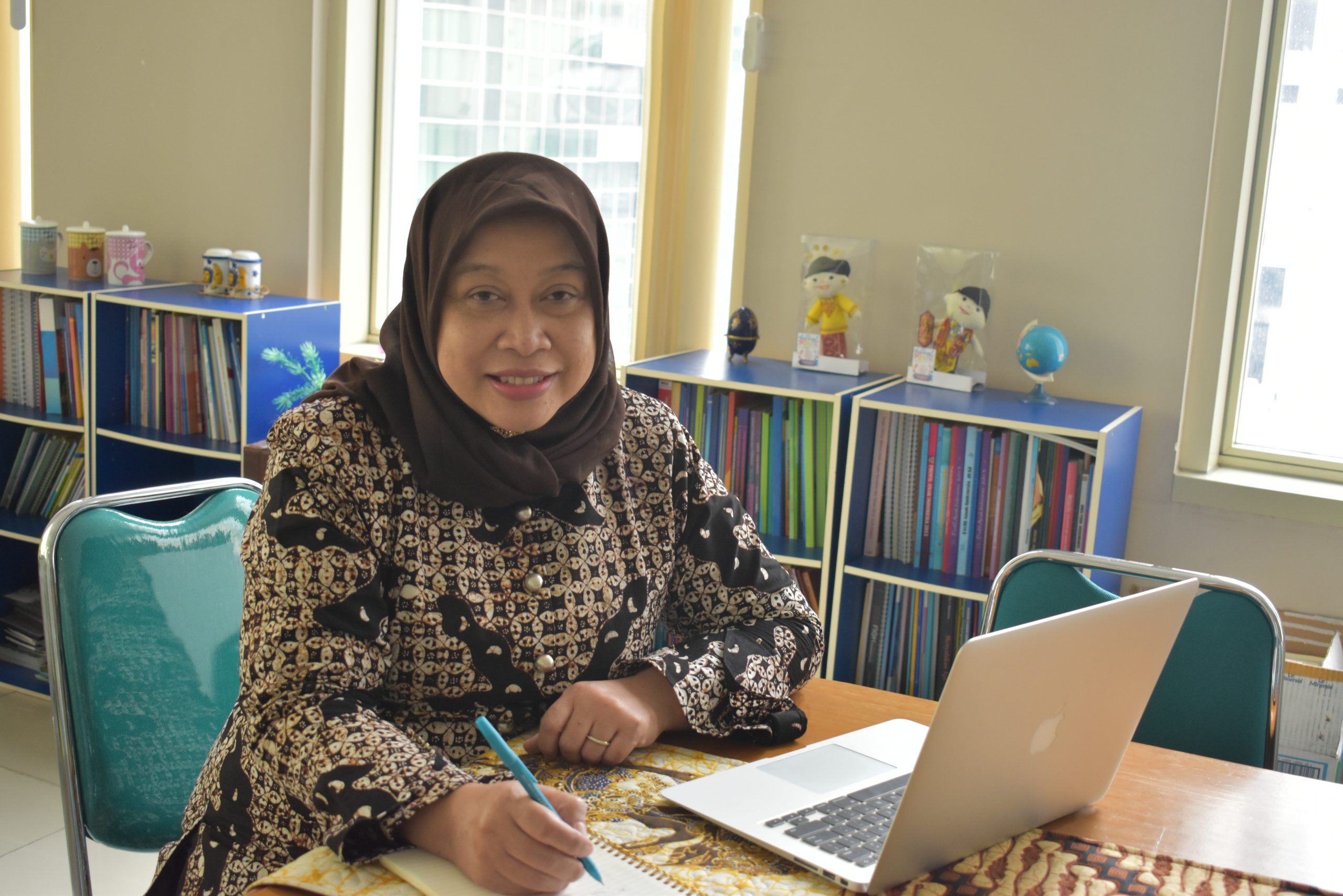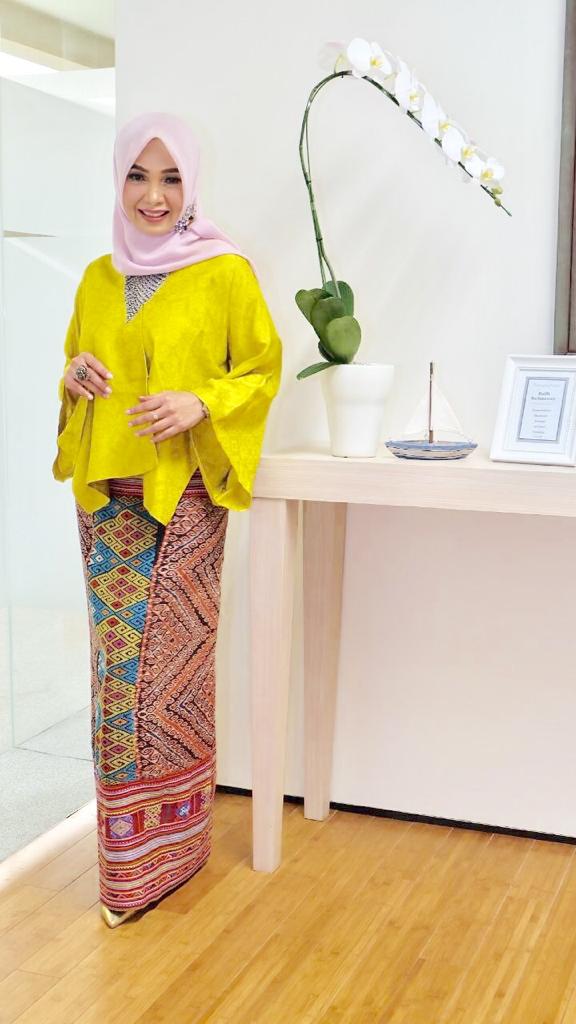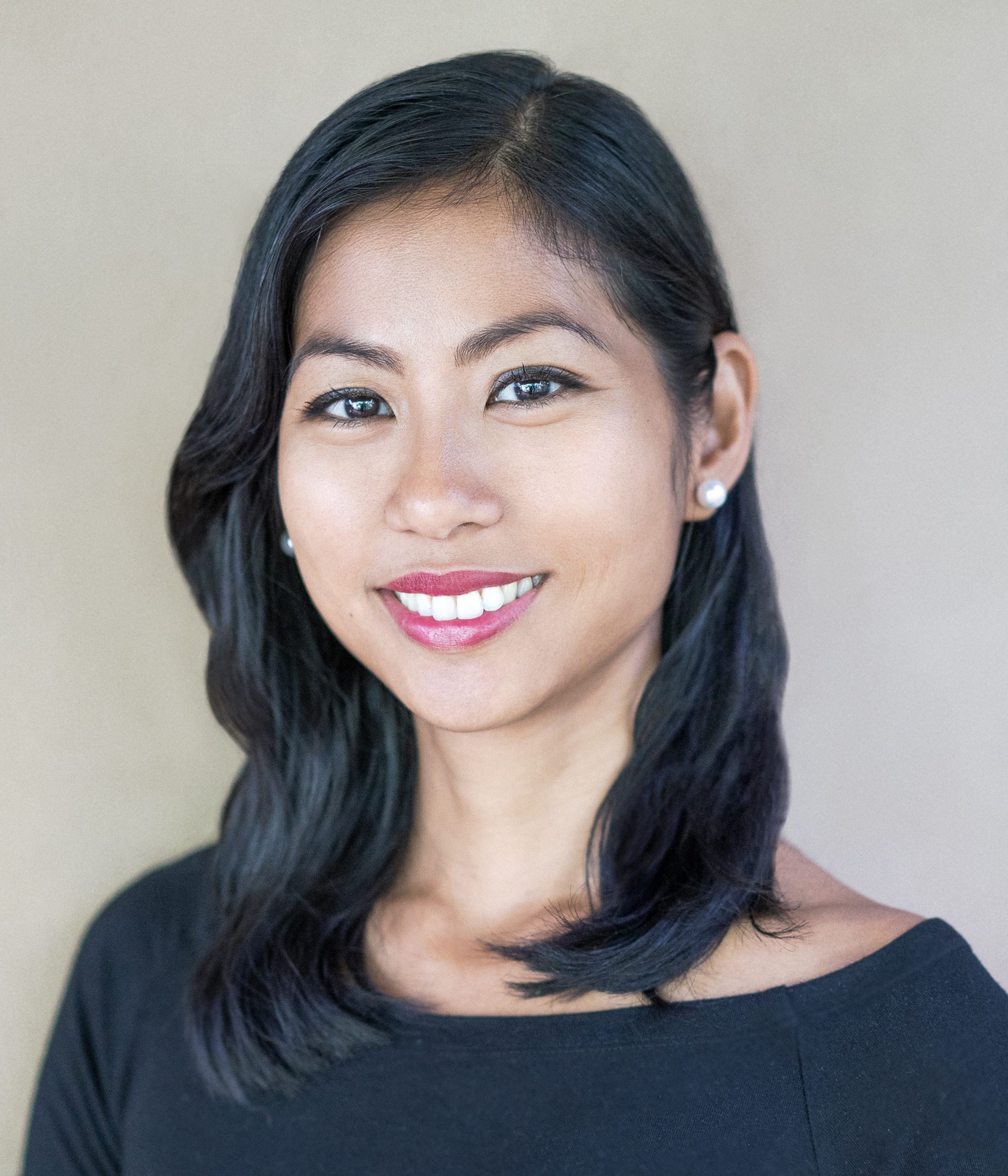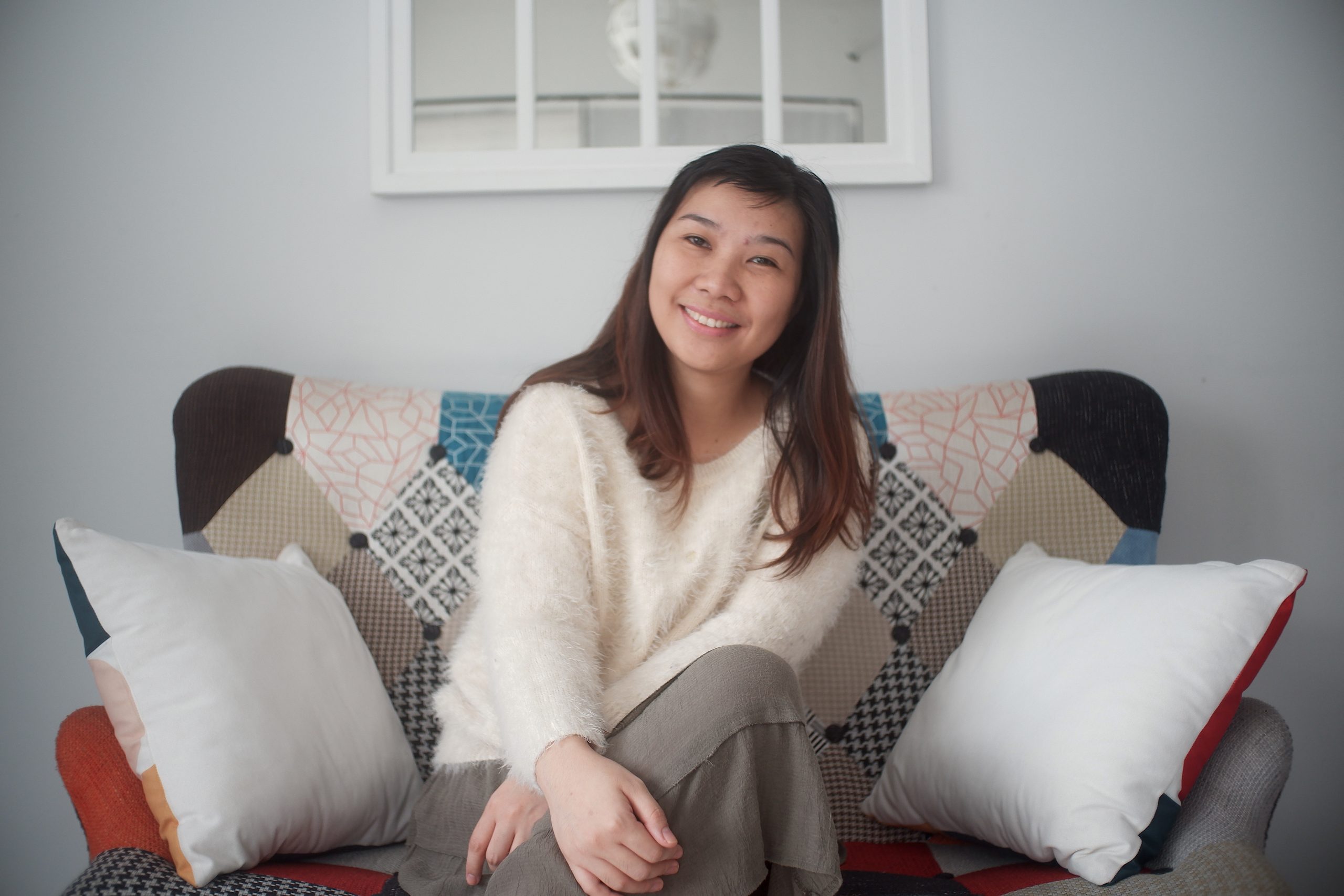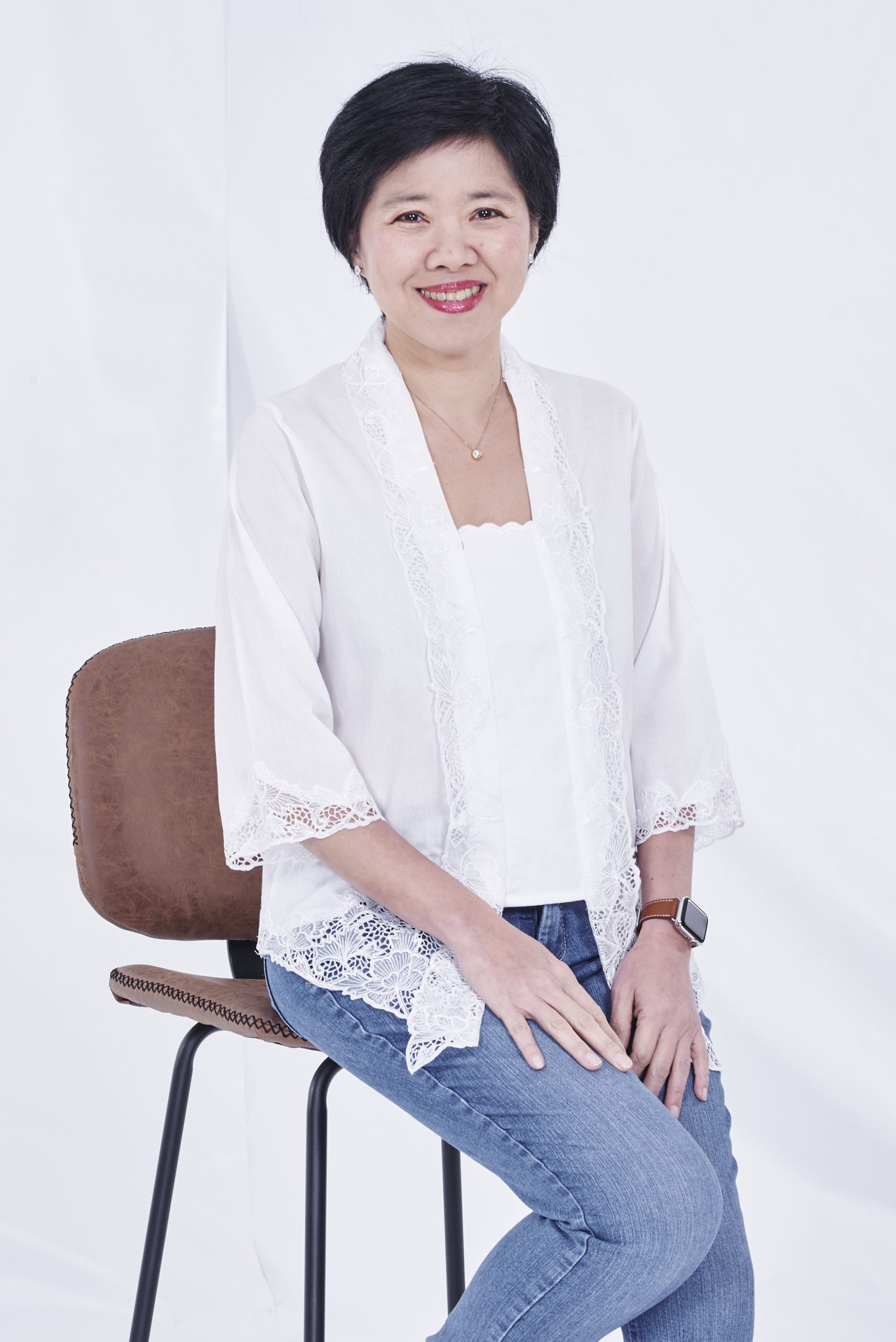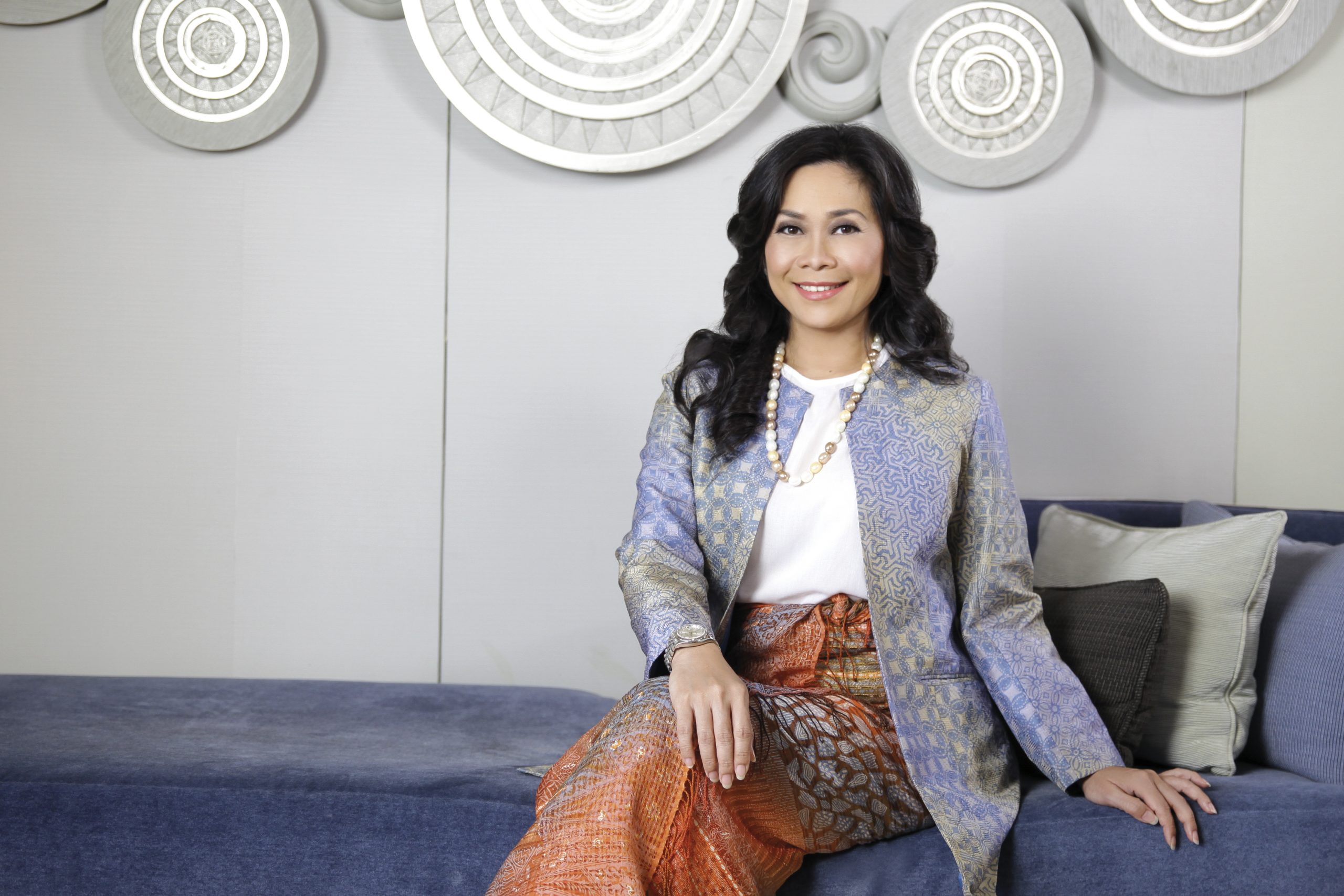CEO and founder of Body Shop Indonesia
Suzy Hutomo introduced the concept of ethical business in Indonesia almost three decades ago together with the Body Shop. A staunch environmentalist and supporter of women’s rights, Suzy’s influential leadership paved the way for a generation of impactful and responsible ventures.
“I have never felt like I’m different from men. Very often I think I’m better,” Suzy cheekily joked. Perhaps just a little. Suzy radiated the kind of calm confidence and vigour expected from someone who has built a brand as prestigious as hers from the ground up. Suzy graduated from National University of Singapore in 1981 and then the Fashion Institute of Technology three years after. In 1992, together with her husband, Suzy founded Body Shop Indonesia. It was soon decided that she would be responsible for the operations.
Suzy was born into a family responsible for the founding of a popular retail chain in Indonesia. Her late father was a respected entrepreneur. But Suzy refused to be under anyone’s shadow. She dropped her last name and created her own path. Adopting Body Shop’s founder Anna Rodrick’s spirit for social and environmental justice, Suzy ensured there was very little power distance within her organisation from day one. Citing her education abroad, Suzy said she developed little appetite for power or status. “One of the things that was hard for me when I came back was how important status was in Indonesia, within or outside an organisation. I am not used to that,” she reflected.
At her enterprise, women are given opportunities and encouraged to advance their career. There are no late-night meetings. Got a sick child? Stay at home. It goes without saying that lactation rooms are widely available and men who make inappropriate comments have no place in the enterprise.
What Suzy observed in her thirty years of leading a woman-focused firm was that women who rise from the bottom tend to hit the walls when they have to get married and have children. “It takes a very confident woman to tell the husband to share the family duties and to ask him to support their career and aspirations,” she said.
“Women come with a lot of preconceptions about what’s right and not right for them, what and how they should be and so on, which makes it harder for women to realise their full potential,” she noted.
Suzy is very much in tune with the happenings around her, whether by supporting campaigns of body positivity or raising awareness with National Commission on Violence Against Women (Komnas Perempuan).
Suzy is a board member of the Bali-based foundation Kopernik, which runs a program that takes care of women’s health and the environment in Flores, Indonesia.
Beyond her own business, Suzy enjoys coaching other women entrepreneurs. Through various programs – most notably Femina’s workshop for women-owned SMEs and Endeavour Indonesia’s mentorship – Suzy pushes for women to be more courageous.
To expand the gender lens ecosystem, Suzy believes there should be more spaces and communities for women to gather, talk and share experiences. She also noted the importance of recognising specific challenges and needs within different groups of women.
For example, women in SMEs often need access to high level mentorship in addition to training on basic skills, such as how to do taxes, marketing and reaching the target market. Meanwhile, women running tech startups often require support related to personal motivations and ambitions.
Suzy would like for women to be stronger, more ambitious and more persistent in pursuing their dreams. As today she feels like there are role models women can look up to. “Indonesian women have a lot of strength. We see women who are making a mark, like our women ministers Susi Pudjiastuti, Sri Mulyani, and Retno Marsudi, who are really capable women. We have more and more role models for women.” She wishes to see women’s potentials to be cultivated, not tucked away and hidden from sight.
